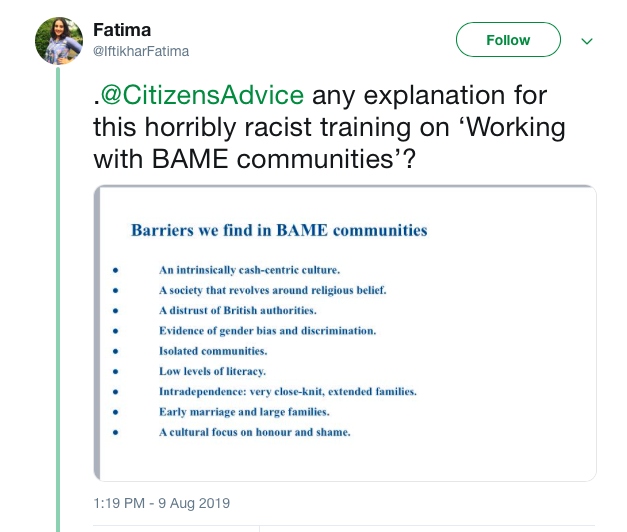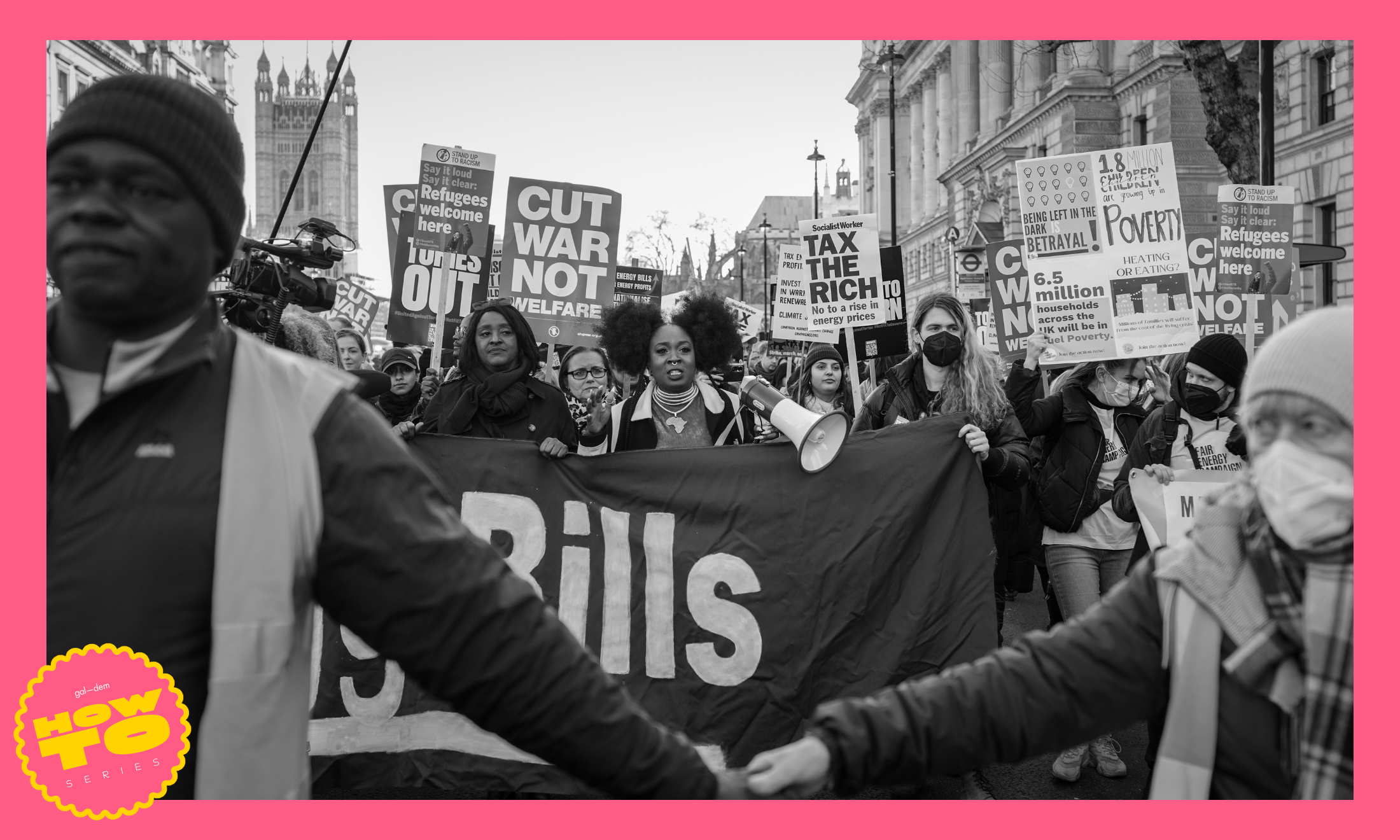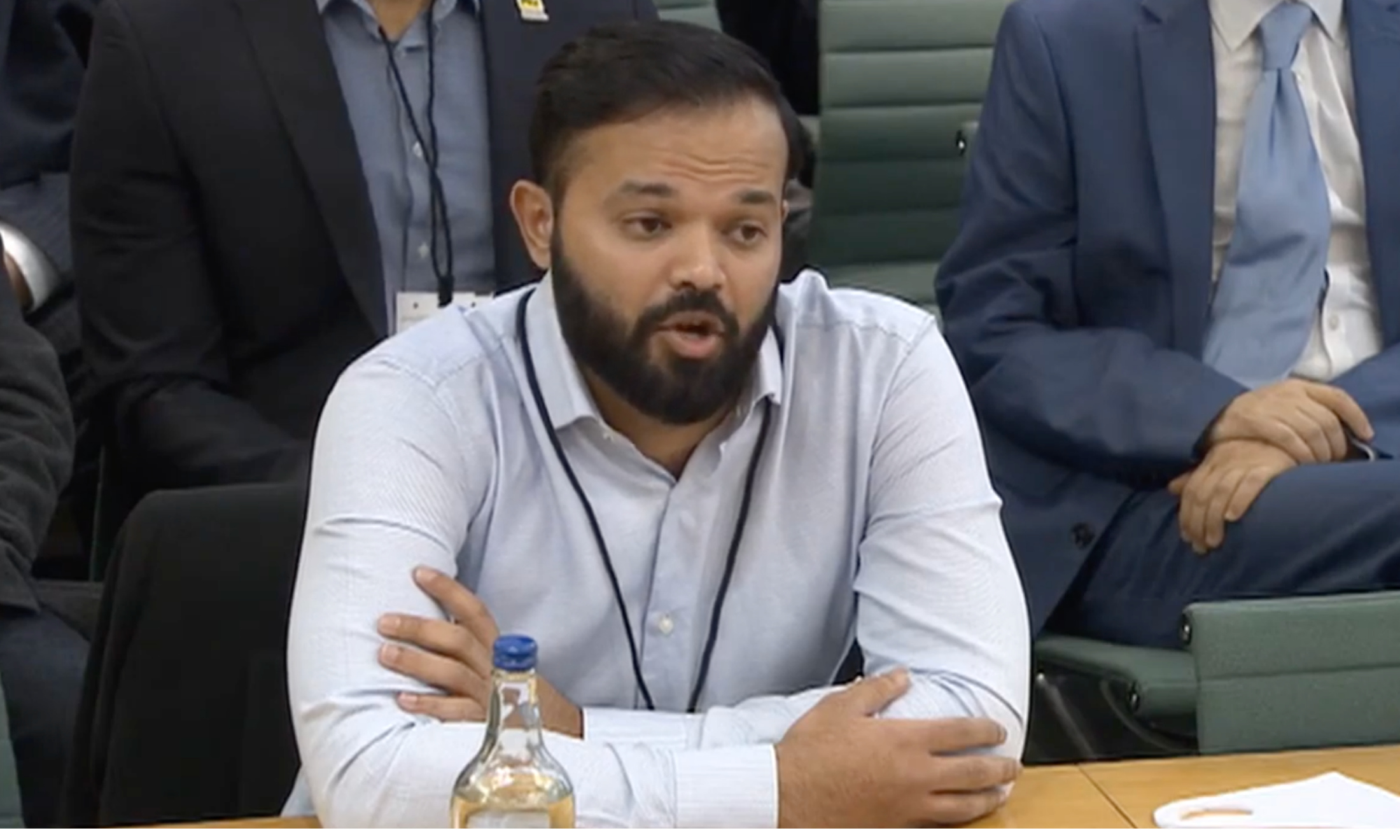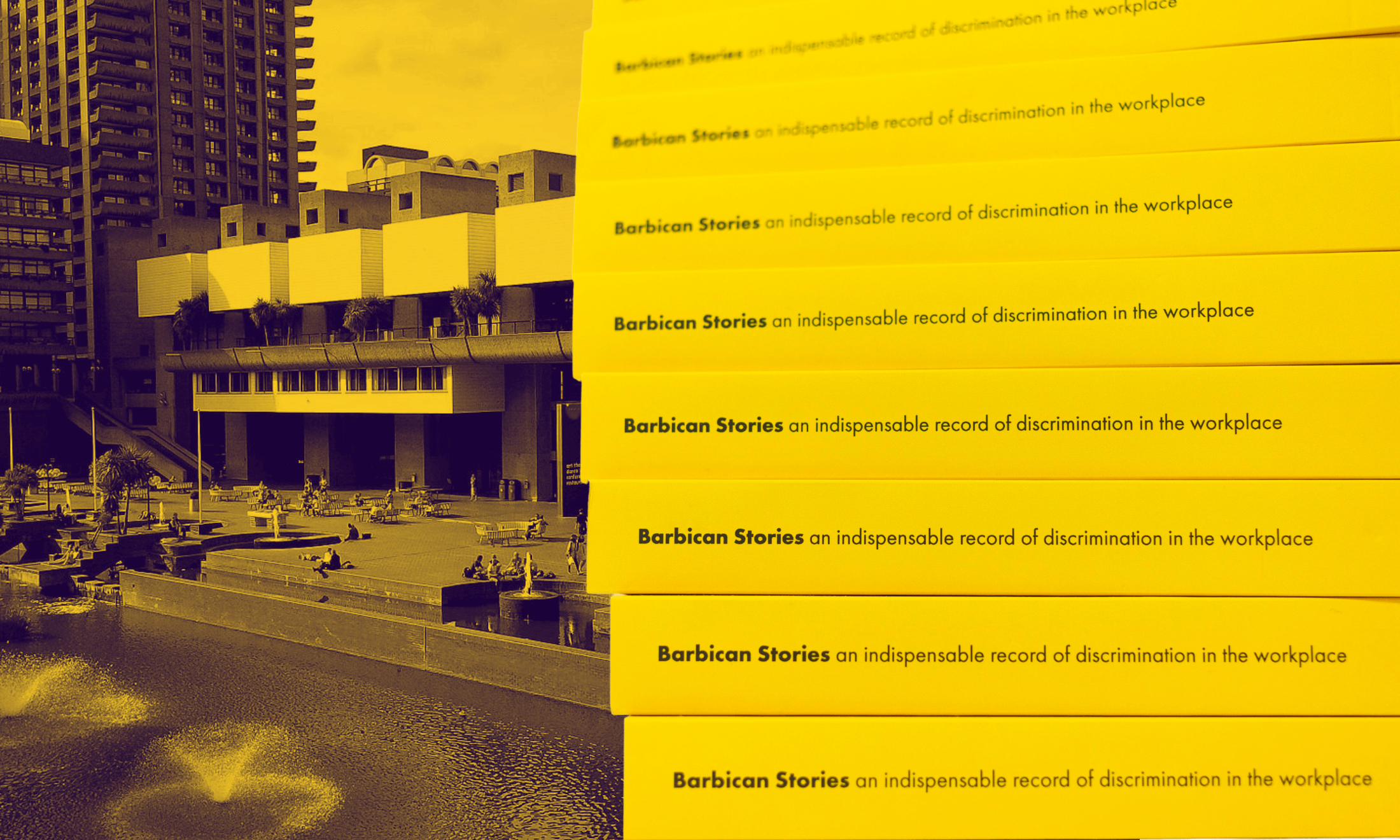
I’m glad I called out Citizens Advice’s racist training – but it’s just the tip of the charity sector iceberg
Fatima Iftikhar
16 Aug 2019
Image via @IftikharFatima on Twitter
Four days after I tweeted about Citizens Advice’s racist training on “working with BAME communities”, I started to get hundreds of retweets. Up until that point there had been radio silence from Citizens Advice. In their response following the scandal they said “We help anyone, anywhere, whatever their problem. We strive to ensure our service is truly inclusive.”
It is telling that it took concern over their own reputation for them to respond to a serious issue. As the dust settles I sincerely hope Citizens Advice acts on the structural issues that led to this and that the sector as a whole considers its role in creating a place for communities of colour to thrive.
Citizens Advice is a crucial service for many, providing support to people coming to them at extremely vulnerable moments in their lives. With growing numbers of ethnic minorities living in poverty, and therefore more likely to need their services, this training conflated diverse people and communities, imposing dangerous stereotypes like “a cultural focus on honour and shame” and “an intrinsically cash-centric culture”. This indicates not only an institutionally racist perspective, but also an organisation disconnected to those who need their support the most. How much disservice will our communities have to face before something changes?
“Only 5.3% of charity leaders are from ethnic minority backgrounds, and almost 80% of senior leadership teams lack any ethnic minority professionals”
Many people were shocked by the content of the training – while I was disappointed, given my experience in the sector, I wasn’t totally surprised. Although this would be unacceptable from any organisation, let alone one that annually receives nearly £94 million of funding, a significant proportion of which is public money. These kinds of incidents have, are and will continue to happen across the non-profit sector. Institutional racism is deeply entrenched in this sector that is still living in the era of the “white man’s burden”. Citizens Advice is just the tip of the iceberg.
Leadership across the charity sector has long been aware that much of the sector is falling behind in addressing inequality and lack of diversity within their institutions, and patriarchal modes of delivery in their work.
Yet they remain unwilling to take serious action. Why? Some point to the time and resources it takes to tackle these structural questions, which in times of austerity are increasingly tough to find. It would take huge amounts of work, answering difficult questions and making tough decisions. But honestly, the real inertia lies in the fact that it’s going to get uncomfortable for the people at the top who might quickly realise they aren’t always best placed to lead. Leadership in this sector does not represent the communities they are trying to serve, research from Inclusive Boards in 2018 shows only 5.3% of charity leaders were identified as being from ethnic minority backgrounds and almost 80% of senior leadership teams lack any ethnic minority professionals. Leadership will never see the hard work it takes to tackle institutional racism as essential to delivering their vision, rather another reputational risk to manage as it arises. Funders remain reluctant to place a hard line on funding requirements based on feedback from the sector, and because, they are often even further removed from the experiences of those they are seeking to support. If funders demanded change, it would happen.
But instead the powers that be will be quite happy continuing to talk about just how jolly difficult diversity and inclusion work is. They use this “naivety” as a weapon – a weapon that is misdirecting the resources of the charity sector. A weapon that changes shape and guise to undermine impact. And no one is talking about it. While those at the top release the odd self-congratulatory report about how to tackle the “lack of diversity”, communities are suffering. I’ve seen too many examples of vulnerable people being denied support, receiving substandard care and all too often actively ending up worse off.
“The snapshot I posted on Twitter from the Citizens’ Advice training session could have very well been a training slide from many other charities”
Meanwhile, alongside dealing with the racism in the sector every day, I’ve witnessed PoC talent being overlooked and under-invested in, driving them to leave. When first setting up #POCIMPACT, a community recognising, supporting and connecting people of colour in the social impact space, I remember talking on the phone to someone interested in joining. They told me their experiences of racism working in the sector were just as bad as the day they started working in it, nearly two decades ago.
The snapshot I posted on Twitter from the Citizens’ Advice training session could have very well been a training slide from many other charities. While they all quickly set about reviewing their websites and online presence to remove overtly harmful materials, I hope they do not stop at surface level actions that prioritise protecting their reputations over ensuring they are serving their communities and users.
As one of the largest public service organisations in the UK, Citizens Advice needs to think carefully about what they do next, and approach the situation with the understanding that this training was just a symptom of a wider problem of institutional racism at their organisation. Instead of the knee-jerk crisis management and PR exercises that have happened over the past 48 hours, they should address this in an open and transparent way that lets the public hold them to account. They should embrace this as an opportunity for organisational change that could transform their impact on their service users. If they handle this well, they could even be an example for others, and lead the rest of the sector in some difficult, but much needed change.
This was not a one-off “shocking” incident. This is symptomatic of a broader issue. The public deserves charitable organisations who tackle issues of injustice seriously, and are leading the fight to tackle it, not wringing their hands when they’re caught in the act. We need funders that hold them to account on this. We need to stop valuing intentions over impact. We need investment in changing the status quo, in supporting the growth and leadership of people of colour in the sector. Ultimately, we need sector leadership that cares because it reflects the communities it serves.









